BMW and Toyota have announced a groundbreaking collaboration to produce a hydrogen fuel-cell vehicle, set to debut in 2028. This venture marks an outstanding milestone in the automotive industry, with the first-ever hydrogen fuel-cell vehicle to be mass-produced by a leading premium automaker. BMW Chairman Oliver Zipse emphasized that this project represents a pivotal moment in automotive history, showcasing how advancements in technology are shaping the future of transportation.
The anticipated vehicle is expected to be the iX5 Hydrogen, which has been in development since 2019. This model is equipped with a hydrogen fuel-cell stack that can generate up to 125 kW (170 hp) from hydrogen, emitting only water vapor. It also features a battery-electric motor that produces an additional 231 hp, resulting in a combined power output of 401 hp from both systems.
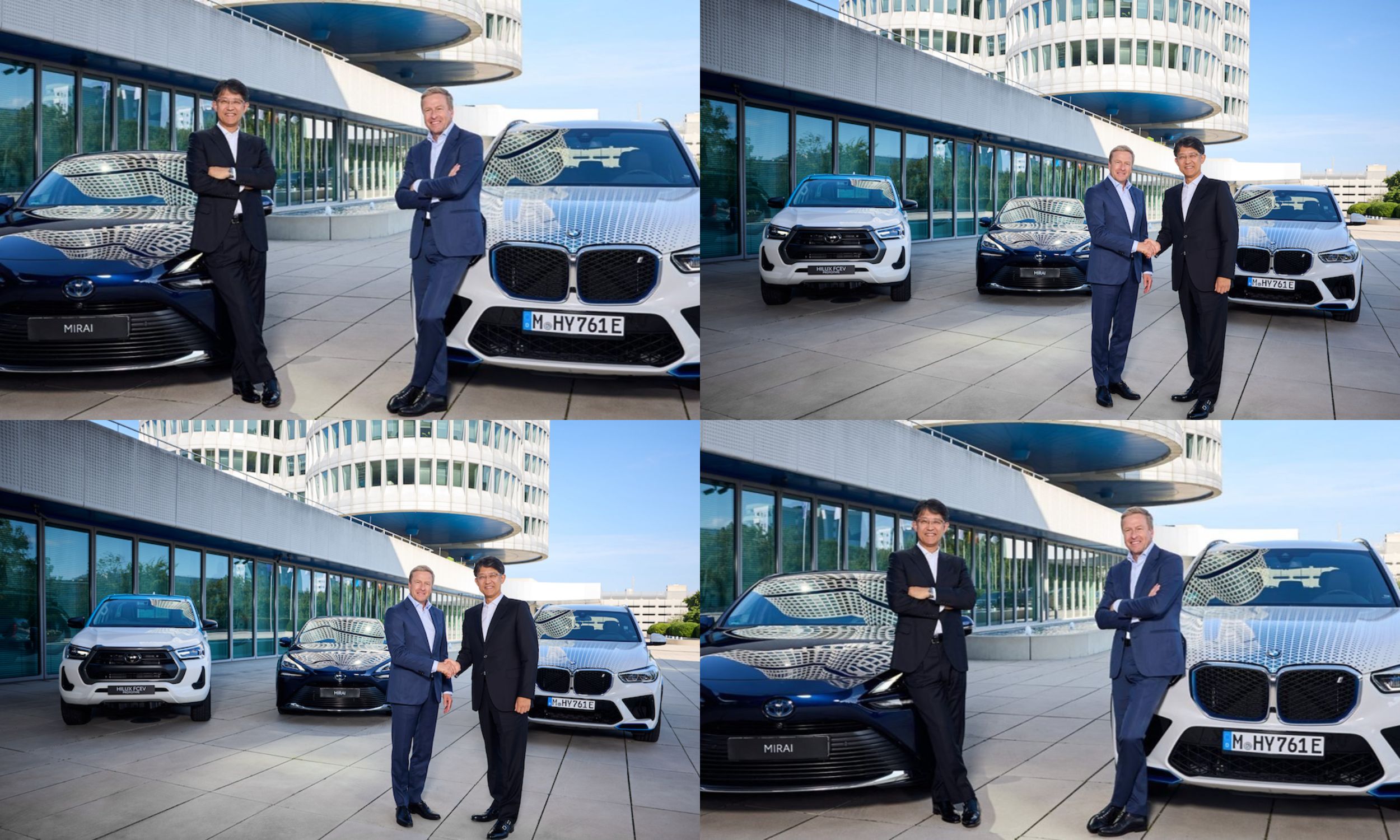
Toyota President Koji Sato expressed enthusiasm about the deepening partnership between the two companies, highlighting their shared commitment to innovation and carbon neutrality through a diverse approach to technology. The collaborative effort will see both BMW and Toyota developing their hydrogen fuel-cell systems jointly, aiming to introduce these technologies in their respective future models while preserving their unique brand identities.
This collaboration will also focus on reducing the costs associated with fuel-cell technology, enhancing infrastructure, and promoting the broader adoption of hydrogen energy. Toyota, a long-time advocate of fuel-cell technology, has already seen success with its Mirai model and is exploring hydrogen combustion engines. Meanwhile, BMW views hydrogen fuel cells as a complementary technology to battery-electric vehicles.



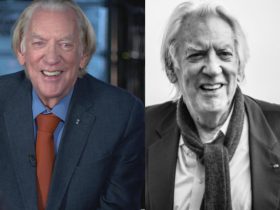

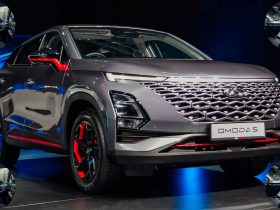
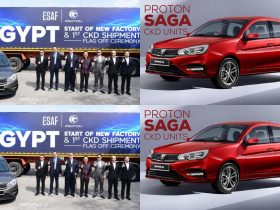
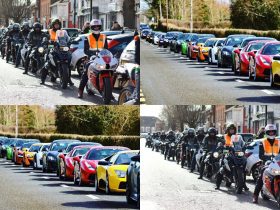
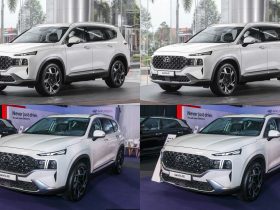
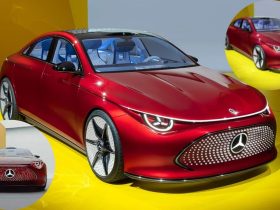










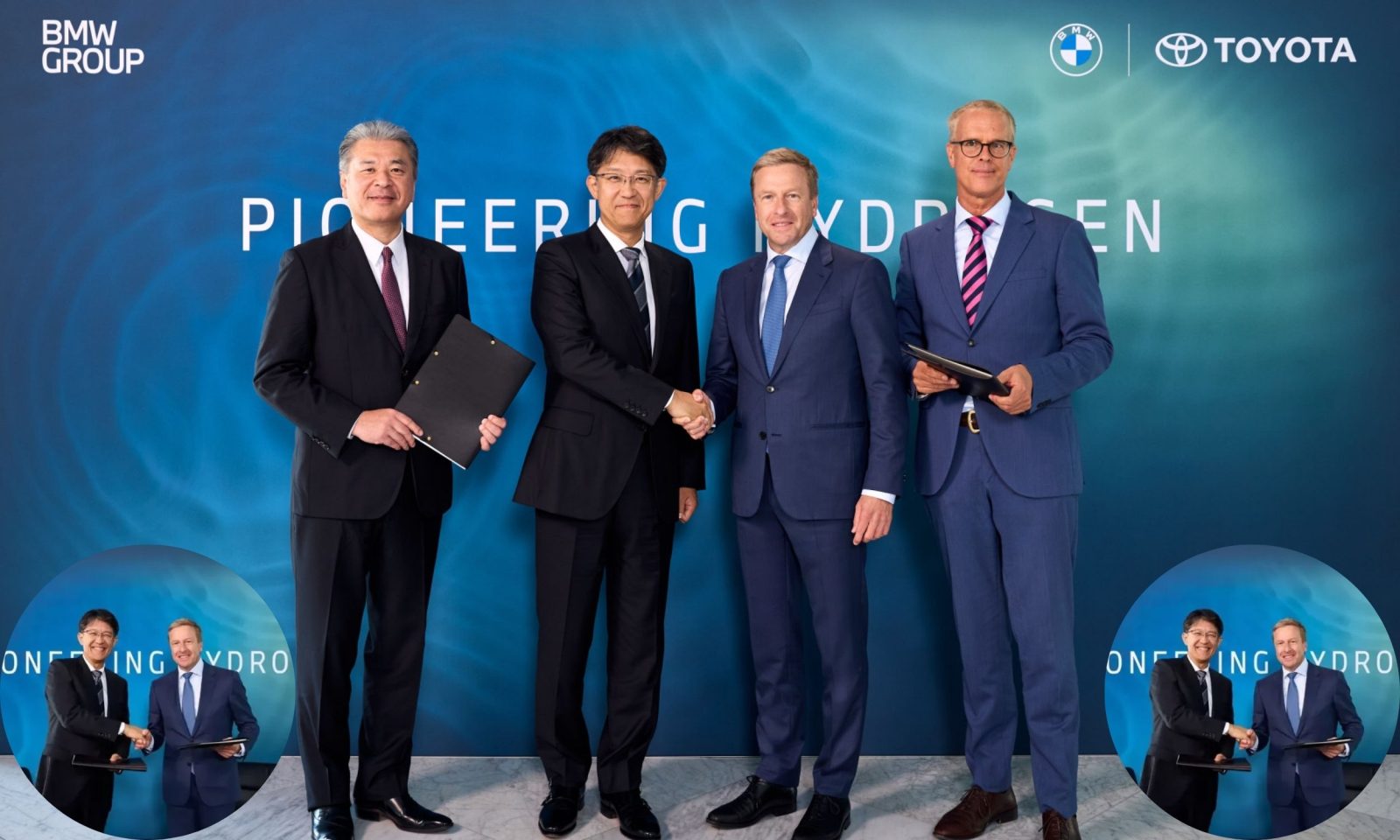
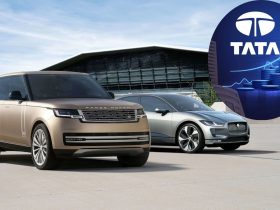

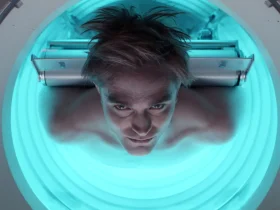
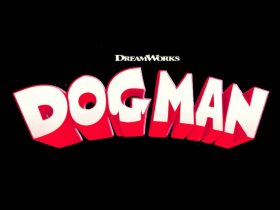

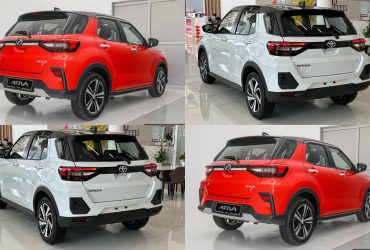
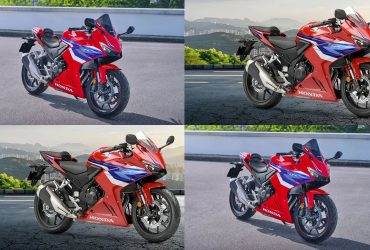
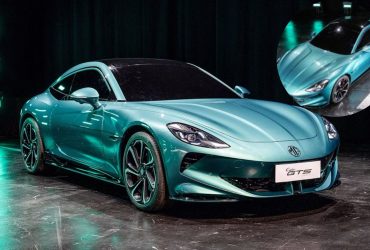
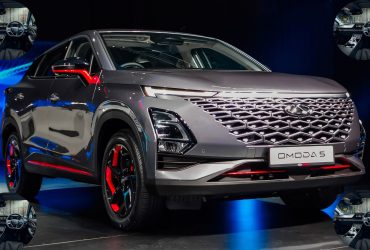
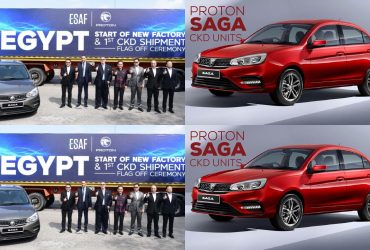

Leave a Reply